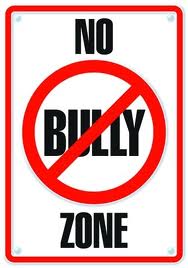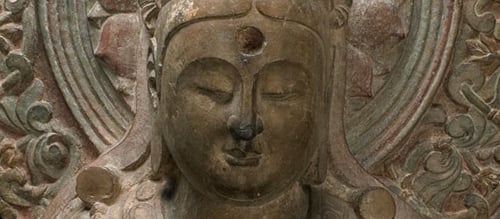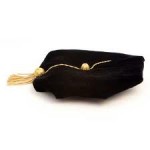 I’ve always wondered what those of us w/ degrees in the letters — language arts, some folks call them — should call ourselves. History has historians. Science has general scientists, as well as botanists, biologists, micro-biologists, physicists, chemists, etc. We have English majors, English teachers. And for those of us who write, writers — both poets & novelists. In other words? What exactly do English majors do?
I’ve always wondered what those of us w/ degrees in the letters — language arts, some folks call them — should call ourselves. History has historians. Science has general scientists, as well as botanists, biologists, micro-biologists, physicists, chemists, etc. We have English majors, English teachers. And for those of us who write, writers — both poets & novelists. In other words? What exactly do English majors do?
It came to me, as I was reading an article about ‘guerrilla librarians‘ at Occupy Wall Street. Good English majors — and w/ all due modesty, I’m a pretty decent one 🙂 — are scholars. We’re the ultimate curious two-year-old, always asking ‘Why? Why? Why?’ If you send me a link, give me a book, offer me a story, and it doesn’t seem… well, plausible, I’m going to look it up. It’s the way I’m made, really. Which is probably what sent me in to English. Books have always been my reality test — even fiction. If it can be imagined, it can happen. And if there’s information out there on it, I’m going to find out.
Journalism is similar, but more ‘useful.’ When I was a medical journalist, 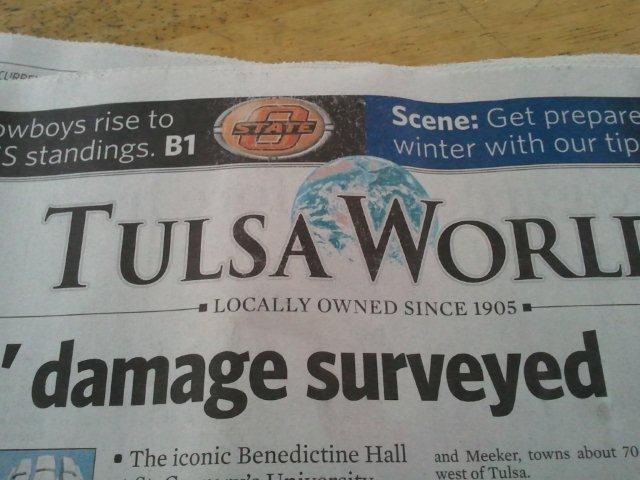 people were interested in what I found to be true (dark chocolate is good for you, but only in moderation) and what is false (no real link between autism and vaccinations — honest). There’s far less call for folks who can find out that some esteemed scholar just made stuff up in a book on a famous poet (that happened, too).
people were interested in what I found to be true (dark chocolate is good for you, but only in moderation) and what is false (no real link between autism and vaccinations — honest). There’s far less call for folks who can find out that some esteemed scholar just made stuff up in a book on a famous poet (that happened, too).
I try to teach my students skepticism (an editor I had many years ago used to say — If your mother says she loves you, check it out). I also want them to learn that real life provides endless opportunities for research. So does religion (the whole argument over evolution rests in good part on a misunderstanding of the scientific use of the word ‘theory’). And this is good. But then, I’m a Buddhist — product of a Kalama Sutta mindset: don’t take the word of someone else for anything, just because they’re an ostensible expert (or religious figure). Test it yourself, and see if it works for you.
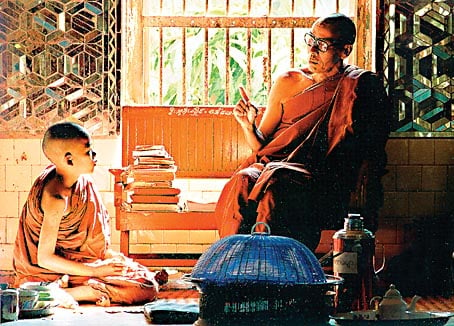 This is what Buddhism teaches, but it’s great overall pedagogy, as well. I tell my students often: I do several things kind of half-assed, but not scholarship. It’s important. Writing may open your heart, but scholarship — the ability to open your mind to multiple points of view, to search for the most likely of alternatives — will maintain it. It will help you sift truth from urban myth, light from darkness, love from intolerant gossip. And if we carry this curiousity and search for what is so with us, deep within our beginner’s hearts, we’ll do fine. It’s just one of many reasons I think good teaching is a sacrament…:)
This is what Buddhism teaches, but it’s great overall pedagogy, as well. I tell my students often: I do several things kind of half-assed, but not scholarship. It’s important. Writing may open your heart, but scholarship — the ability to open your mind to multiple points of view, to search for the most likely of alternatives — will maintain it. It will help you sift truth from urban myth, light from darkness, love from intolerant gossip. And if we carry this curiousity and search for what is so with us, deep within our beginner’s hearts, we’ll do fine. It’s just one of many reasons I think good teaching is a sacrament…:)
